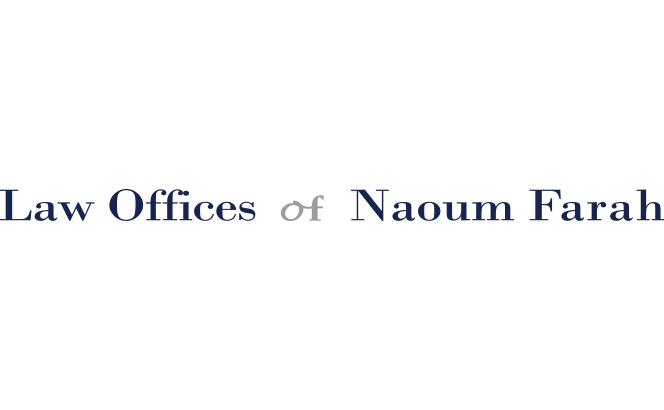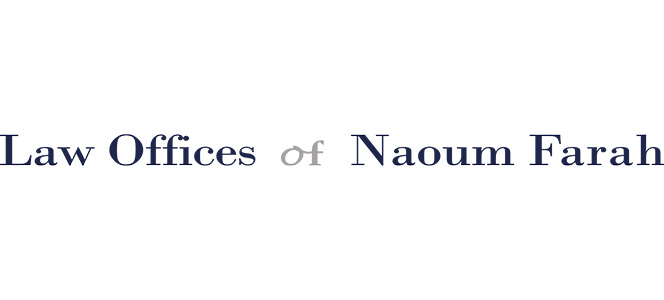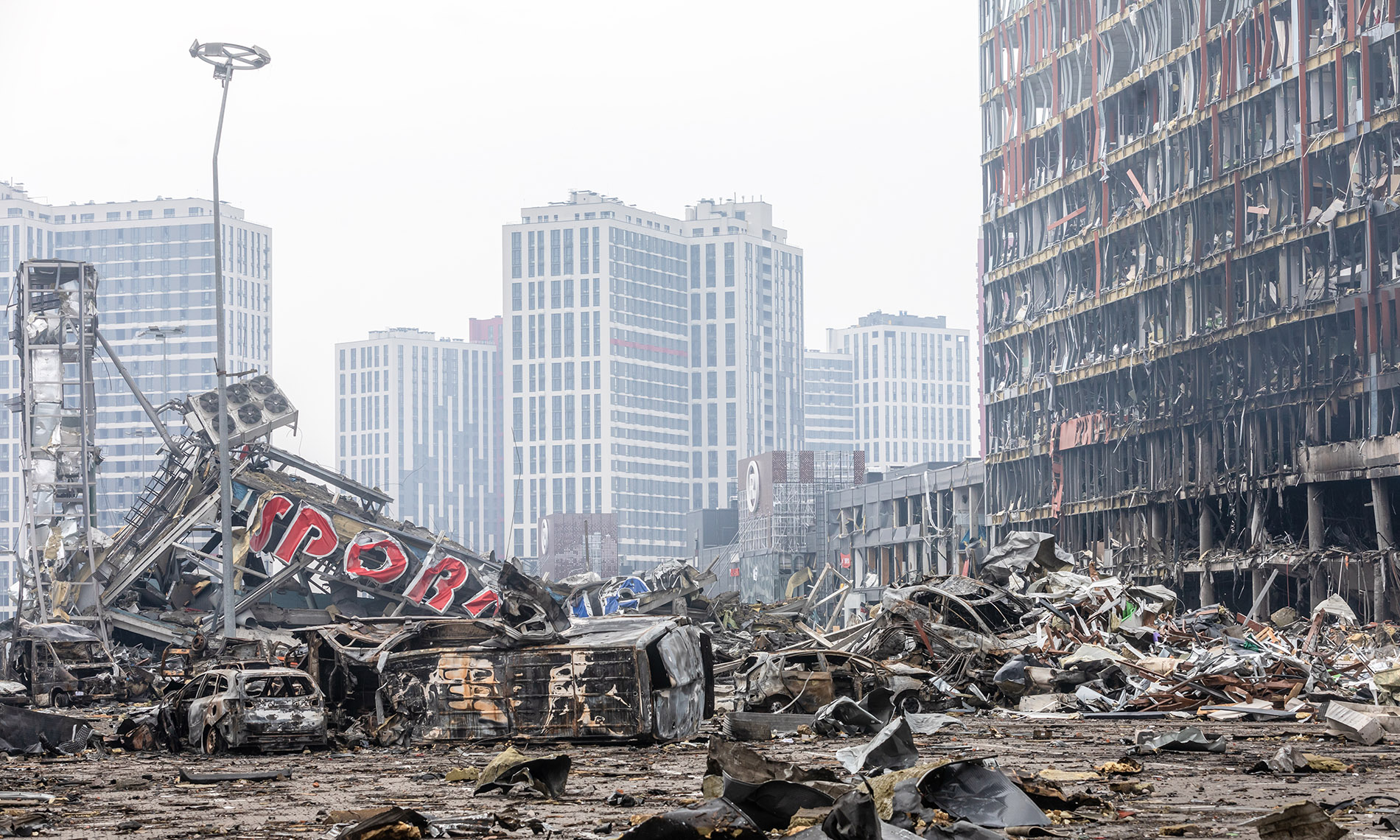
Lebanon finds itself trapped in a profound political, economic, financial, and social crisis, the effects of which have echoed across its public services and societal fabric for half a decade. This multifaceted crisis has created a stark escalation in poverty levels, marking a troubling descent in the standard of living for almost half the population. Concurrently, the efficacy of public sector institutions has faded, with service provision faltering under the strain of fiscal constraints and administrative inefficiencies.










